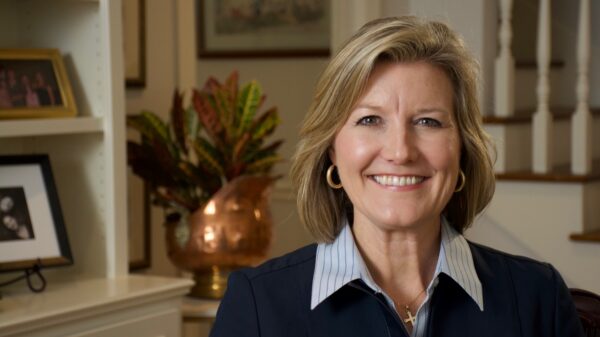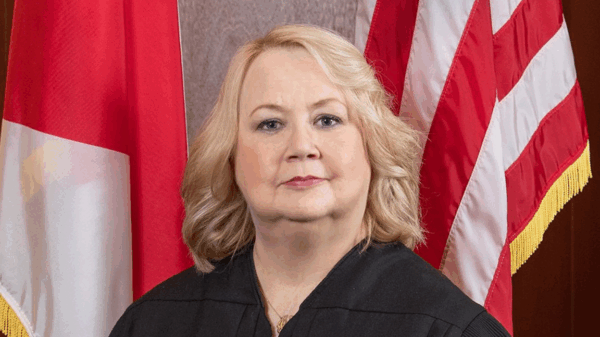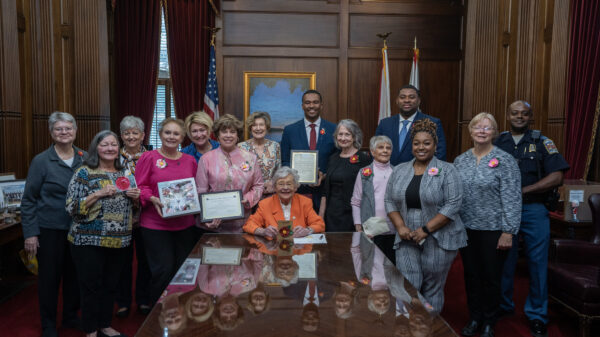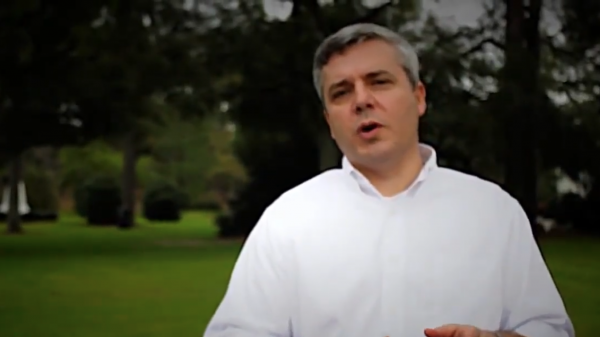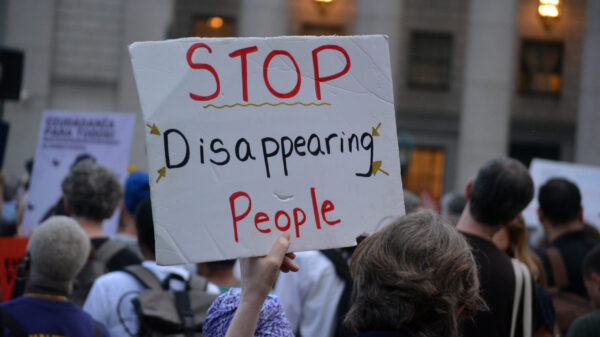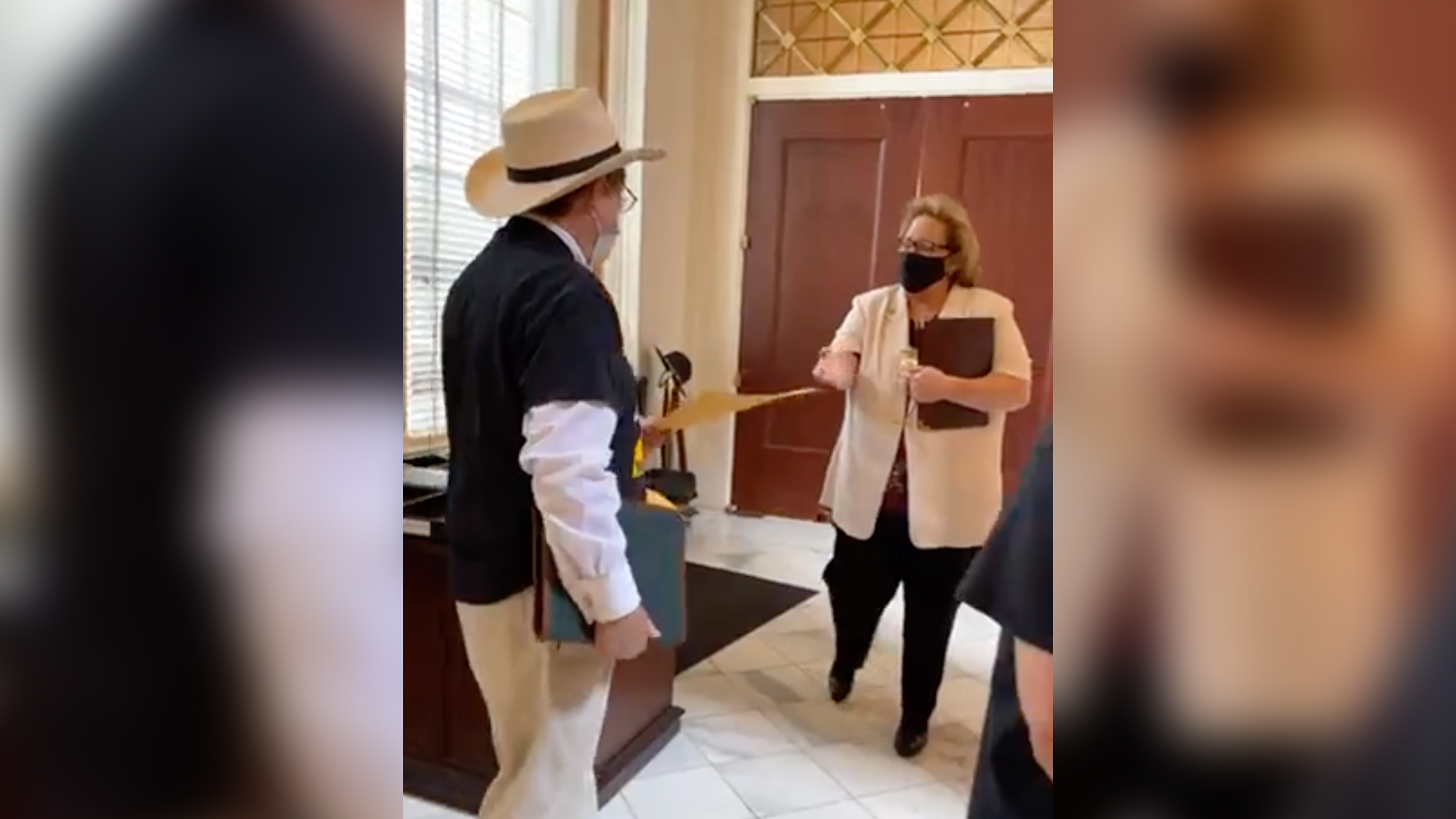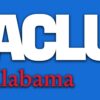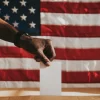Leaders of the Alabama Poor People’s Campaign made protections for voting rights a central demand when they gathered at the Alabama Statehouse on Monday to call on legislators to prioritize a list of 14 policies this legislative session.
The speakers joined others in state capitals around the country as part of a publicity blitz by Rev. William Barber’s Poor People’s Campaign, a national faith-based social justice coalition.
The push was in response to a recent analysis by the Brennan Center for Justice that identified 253 bills in 43 states that would restrict access to voting. There are 704 bills introduced in a different set of 43 states that would expand voting rights.
There are 29 election law proposals introduced in Alabama this legislative session from both Democrats and Republicans, up from 18 last year. The Brennan Center categorized six bills as restrictive. They place added requirements on things like absentee voting and disability access, and ease the state’s ability to purge its voter rolls. Proponents say these bills are designed to protect election integrity while critics say they are intended to create obstacles for voters from marginalized groups who tend to vote for Democrats.
“This attack comes as poor and low-income voters flexed their political muscle in the 2020 election, helping to elect leaders who promised to pass laws that lift from the bottom, including voter protection laws,” the coalition said in a statement.
The Alabama Poor People’s Campaign broadcasted its event on Facebook Live. It highlighted 14 policy and legislative proposals from its Jubilee Platform:
- Enact comprehensive and just COVID-19 relief that provides free testing, treatment, vaccines and direct payments to the poor
- Guarantee quality health care for all, regardless of any pre-existing conditions
- Raise the minimum wage to $15 per hour immediately
- Update the poverty measure to replace the poverty line threshold
- Guarantee quality housing for all
- Enact a federal jobs program to build up investments, infrastructure, public institutions, climate resilience, energy efficiency and socially beneficial industries and jobs in poor and low-income communities
- Protect and expand voting rights and civil rights
- Guarantee safe, quality and equitable public education, with supports for protection against re-segregation
- Comprehensive and just immigration reform
- Ensure all of the rights of indigenous peoples
- Enact fair taxes and targeted tax credits
- Use the power of executive orders
- Redirect the bloated Pentagon Budget towards these priorities as matters of national security
- Work with the Poor People’s Campaign to establish a permanent Presidential Council to advocate for this bold agenda
Barber told state organizers during a public virtual event later in the day that their efforts drive the national movement.
“Even if your state didn’t do a full testimony, the way we roll is one state may be lifted up, but that one state lifts us all up. We nationalize state movements,” he said.




